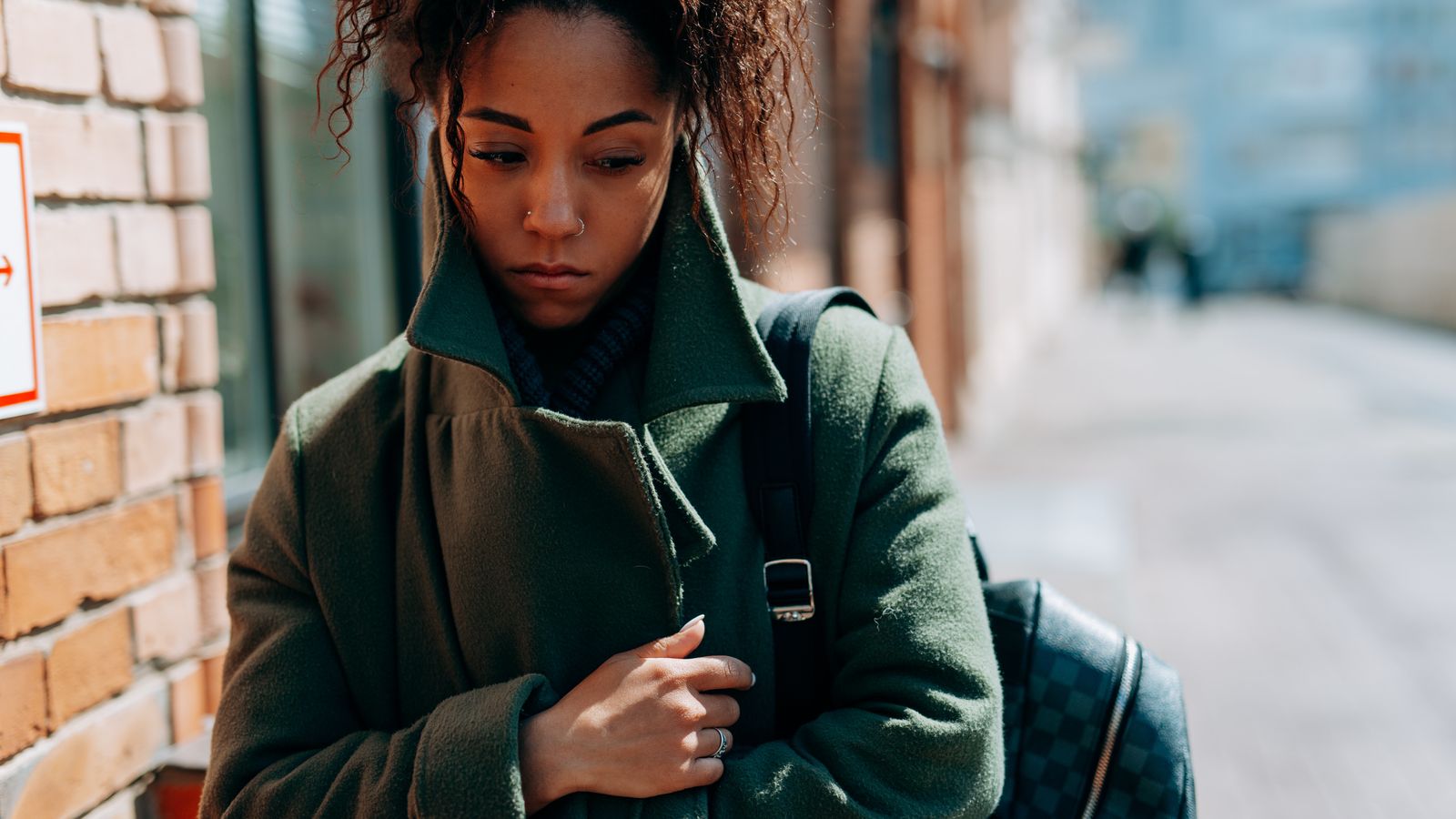Prof. Judith Scott & Kendall Morris (PhD’22) Explore Homicide’s Effect on Black Women Survivors

Despite the fact that Black communities are more likely to be affected by homicide, limited research has been done on how Black survivors grieve, cope, find justice, and heal from their loved one’s death. A new study by BU School of Social Work Prof. Judith Scott and alum Kendall Morris (PhD’22) aims to support survivors by improving their experiences with police and addressing the perceived roots of homicide. The article, “‘No One Can Feel My Pain’: The Experience of Black Women Survivors of Homicide Victims and System Agents’ Perspectives on the Impact of Homicide in the Boston Area,” was published in Homicide Studies.
“This is one of the few studies that provides social, cultural, and system level context for Black survivors’ experiences by interviewing survivors and system agents,” say the authors. They hope to provide a model for future researchers to holistically study coping strategies for this underrepresented group.
The Unique Experience of Black Homicide Survivors
Everyone experiences grief, but homicide introduces trauma to the grief experience. What’s more, Black homicide survivors also struggle with:
- Stigmatization: society and the justice system assume victims are tied to illegal activity
- Betrayal based on a lack of justice for their deceased loved ones since Black homicides are more likely to remain unsolved
The resulting complex grief can be overwhelming for survivors as they navigate their new reality without their loved one. The complexity can also make system agents like police, reporters, or homicide support providers less likely to understand and address their needs.
Bridging the Gap Between Survivors & System Agents
This study’s primary goal is to better understand the experiences of survivors and system agents through semi-structured interviews. “We explored the aftermath of the homicide, traumatic grief, and the coping strategies survivors used,” the authors explained. “We also conducted semi-structured interviews with system agents or key informants—a police officer, reporter, and homicide support provider.”
Survivors were asked about their reactions to the homicide, how they cope, what support they used, their relationships with police and media, and their opinions on high homicide rates in Black communities. System agents answered similar questions, as well as their reasons behind the disproportionately high number of unsolved cases.
The identified themes were:
- The culture of homicide (blame, stigma, and lack of justice)
- Coping strategies, which focused on maintaining a connection to the deceased and collective coping and caring for others
- The reasons behind homicides and unsolved cases
- Living in a culture of homicide, which addresses being part of a survivor community and the need for homicide survivor support
Based on the interviews, the authors highlight how mental health resources should focus on empowering victims and their families and how these resources must be culturally appropriate as well. The authors also propose more policies to direct short-term and long-term resources for impacted communities, which can help reduce high homicide rates and the number of impacted families.
Further Research
“Our findings have implications for research, practice, theory, and policy,” said the authors. “Research about the Black survivor experience should be contextualized, and consider how individuals, organizations and systems within those contexts influence those experiences.” While this study focused on residents of Boston, Massachusetts, it provides a basis for further research into theory and the experiences for survivors around the country. More studies in this field, with more survivors from different communities, can shed light on how to best help people heal.